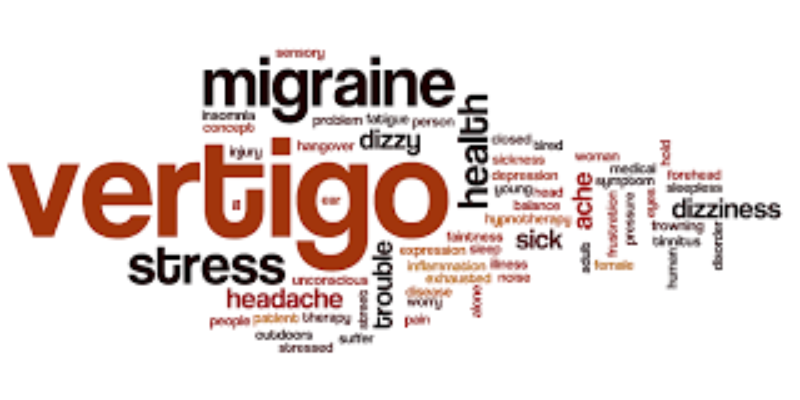Vertigo & Balance Disorders
Vertigo & Balance Disorders Treatment

Treatment Range Hospital in Hyderabad offers specialized care for vertigo and balance disorders, providing effective solutions for conditions like BPPV (Benign Paroxysmal Positional Vertigo), Meniere’s disease, and central vertigo. Our expert neurologists and ENT specialists work together to accurately diagnose the cause of dizziness and design personalized treatment plans that restore balance and prevent recurrent episodes.
Our approach includes medications to control vertigo symptoms, manage nausea, and reduce fluid buildup in inner ear disorders like Meniere’s disease. For patients with chronic or recurring vertigo, we also provide vestibular rehabilitation therapy (VRT) to improve balance, reduce dizziness, and enhance coordination. Each treatment plan is tailored to the individual’s condition and severity of symptoms.
If you’re searching for vertigo treatment in Hyderabad, Treatment Range Hospital combines advanced diagnostic tools, skilled specialists, and compassionate care. From accurate diagnosis to long-term management, we help patients regain stability and confidence in their daily lives.
- Your 6 - Phase health Process
Your Complete Vertigo & Balance Disorders Journey
🩺Phase 1: Symptoms Identification
- Common symptoms include:Spinning sensation (even when stationary)
- Nausea and vomiting , Unsteadiness or loss of balance
- Ringing in the ears (tinnitus) or hearing loss (Meniere’s disease)
- Abnormal eye movements (nystagmus)
🔬Phase 2: OPD Consultation & Assessment
- Detailed history of vertigo episodes (duration, triggers, associated symptoms)
- Neurological exam and ear examination
- Dix-Hallpike test for BPPV diagnosis
🧬 Phase 3: Causes & Risk Factors
- Common causes:BPPV (Benign Paroxysmal Positional Vertigo): Dislodged ear crystals
- Meniere’s disease: Inner ear fluid imbalance
- Vestibular neuritis/labyrinthitis: Viral infection
- Central vertigo: Stroke, multiple sclerosis
- Risk factors: aging, head trauma, ear infections
🔍 Phase 4: Diagnosis & Investigations
- Audiometry for hearing assessment (if tinnitus or hearing loss)
- MRI brain for central causes (if red flag symptoms)
- Balance tests (videonystagmography, ENG) if needed
💊 Phase 5: Treatment Plan
- Medications:Betahistine for Meniere’s disease
- Vestibular suppressants (meclizine, cinnarizine) for acute episodes
- Vestibular Rehabilitation Therapy (VRT):Canalith repositioning maneuvers (Epley maneuver for BPPV)
- Balance training exercises to reduce dizziness
- Lifestyle adjustments: reduce salt for Meniere’s, avoid sudden head movements
💪Phase 6: Recovery & Long-term Management
- Regular vestibular exercises to improve balance
- Low-sodium diet in Meniere’s disease
- Follow-ups to monitor symptom resolution and prevent recurrences
- Stress reduction to minimize vertigo triggers
Insurance Support










- Why Choose Us
Why patients trust us with their care
- Patient Testimonials
Patient stories of care and recovery










- Frequently Asked Questions
Helping you understand Our healthcare
The most common cause is BPPV, where tiny calcium crystals in the inner ear become dislodged.
Medications help control symptoms, but maneuvers like the Epley and vestibular rehab are often more effective for long-term relief.
Seek medical care if you have:
- Sudden severe vertigo with weakness or vision changes
- Frequent recurrences
- Associated hearing loss or ringing in the ears
Yes, BPPV can often be cured with canalith repositioning maneuvers. Other causes like Meniere’s can be managed to reduce episodes.
Yes, especially in Meniere’s disease, as salt and caffeine can worsen fluid imbalance in the inner ear.